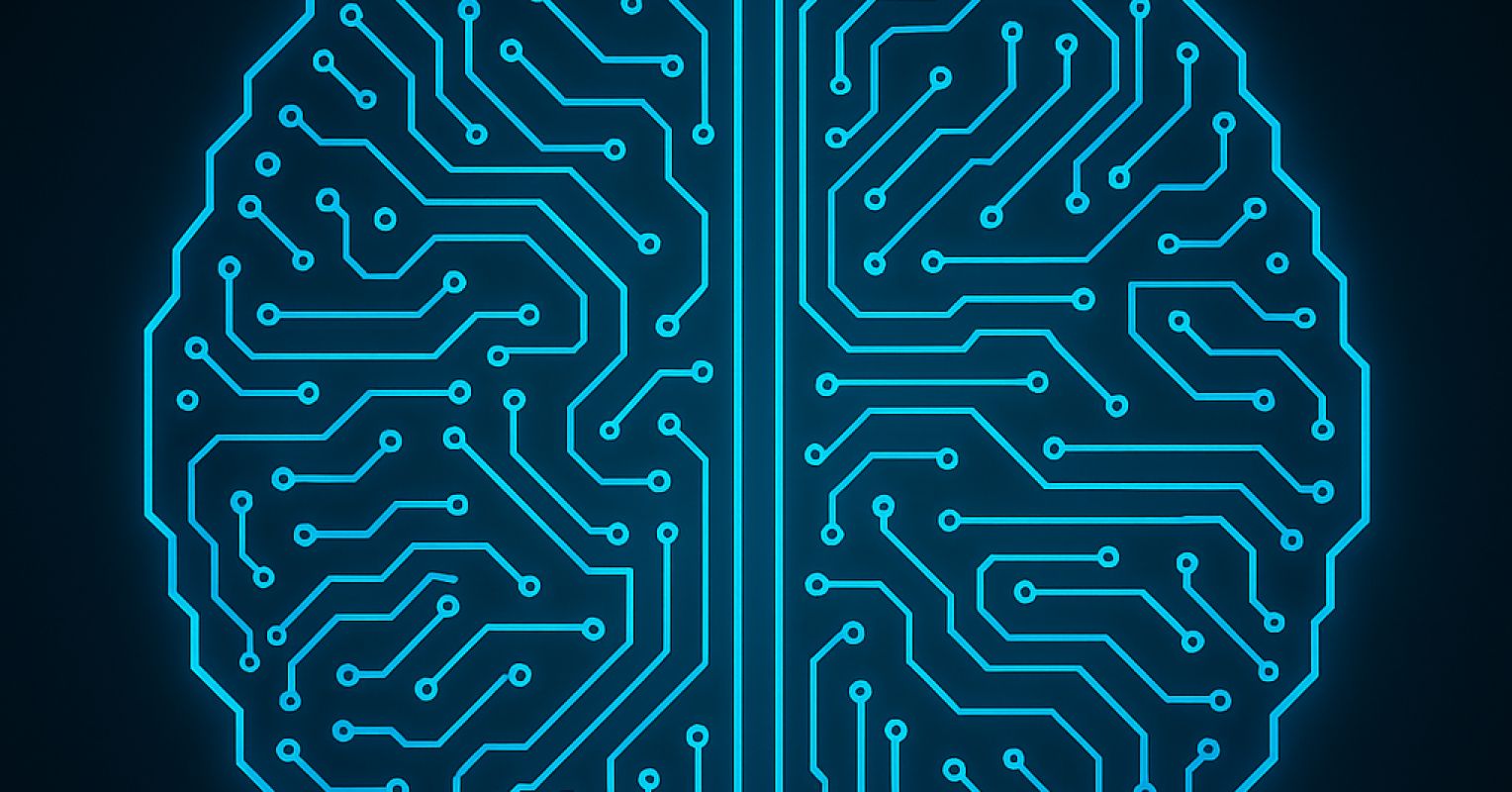
"What we're witnessing isn't simply the rise of a new technology. It's the slow (perhaps even insidious) redrawing of what it means to know."
"The heart of this is that the more seamless the output becomes, the more likely we are to confuse performance with process."
"Knowledge wasn't just a destination; it was something shaped through struggle. And perhaps in that struggle, we found personal meaning and joy of discovery."
"This fluency isn't intelligence, and coherence isn't cognition. LLMs aren't offering insight, but their hyperdimensional mathematical perspective is defined by structure."
The article discusses the confusion between fluency and genuine intelligence posed by AI technologies, particularly large language models (LLMs). Traditionally, knowledge was derived from wrestling with ambiguity and contradiction, but current AI outputs can mimic intelligence without embodying its essence. This phenomenon, termed epistemological drift, signifies a troubling shift in how we define knowledge, prioritizing style over substance. The ease of AI-generated answers may lead us to overlook the importance of the thought processes and struggles that underpin true understanding, fundamentally altering our perception of what it means to know.
Read at Psychology Today
Unable to calculate read time
Collection
[
|
...
]